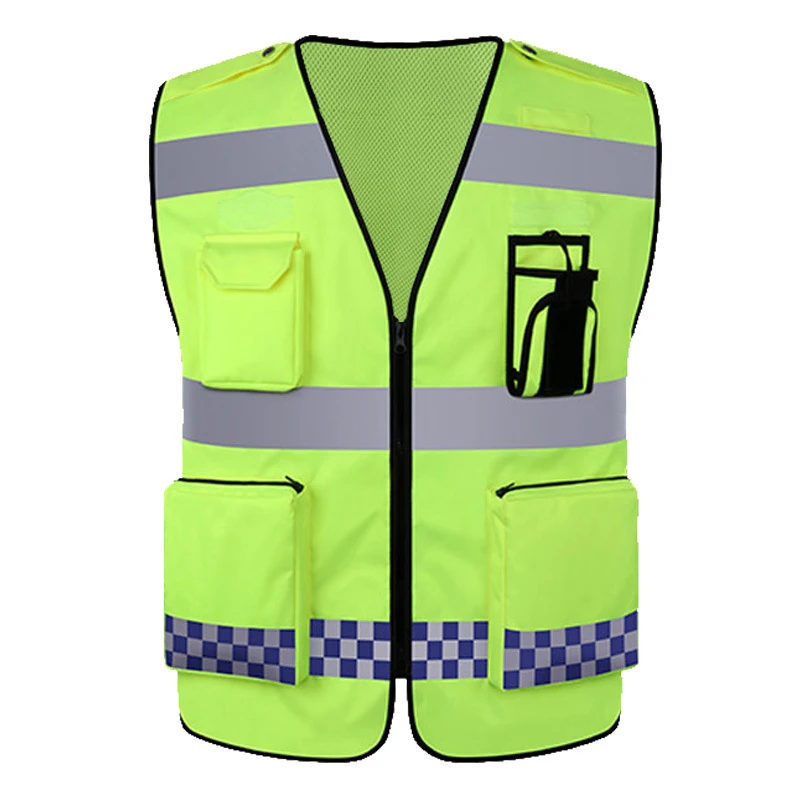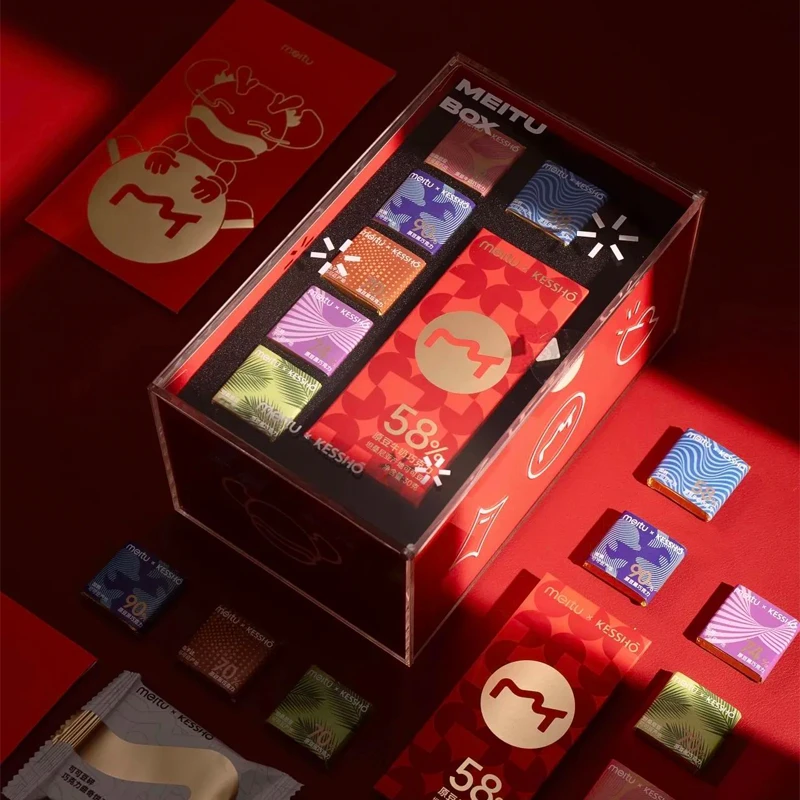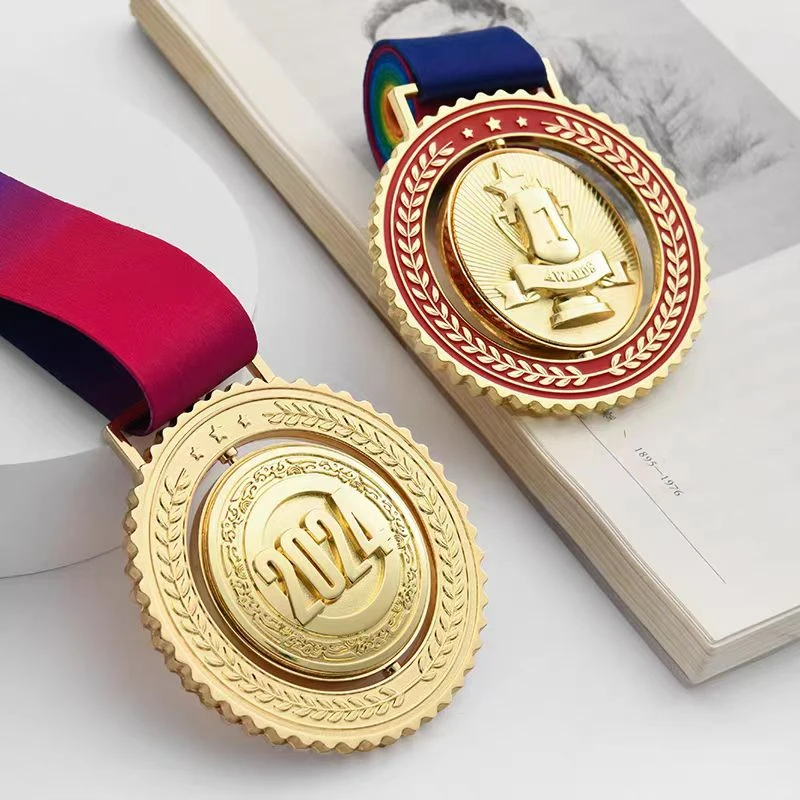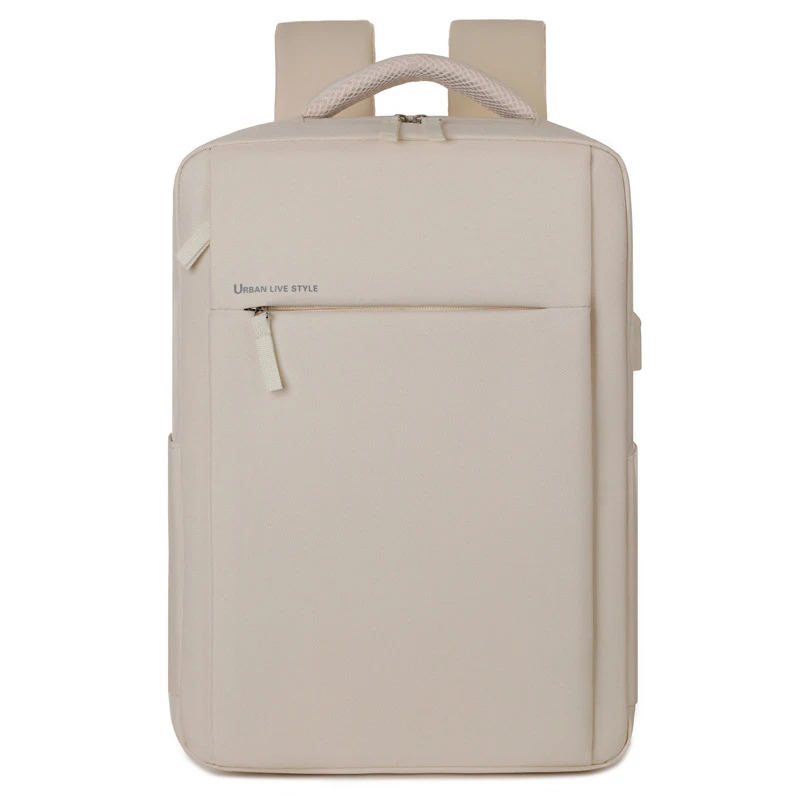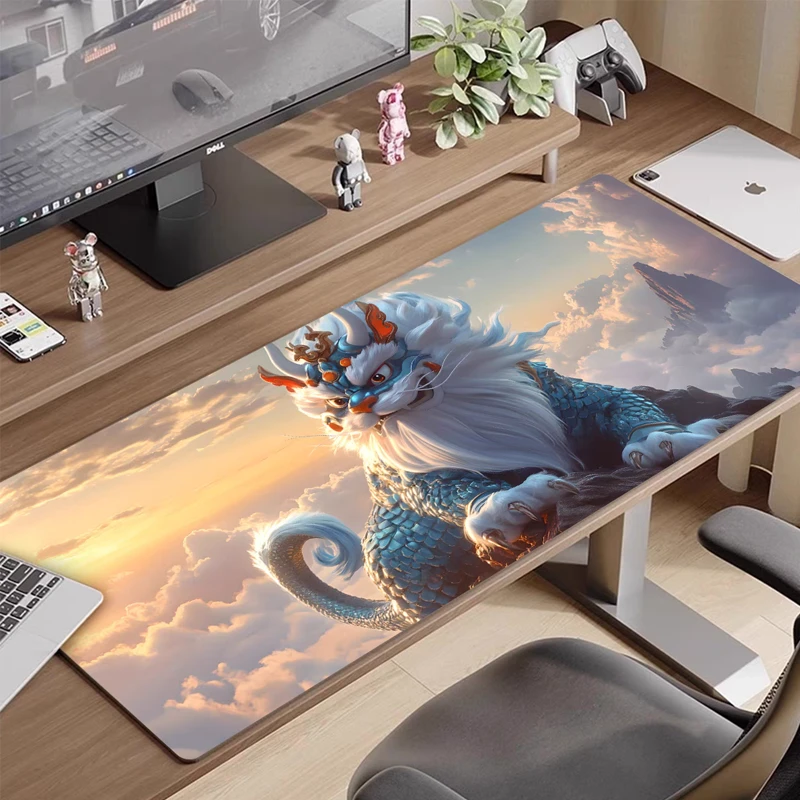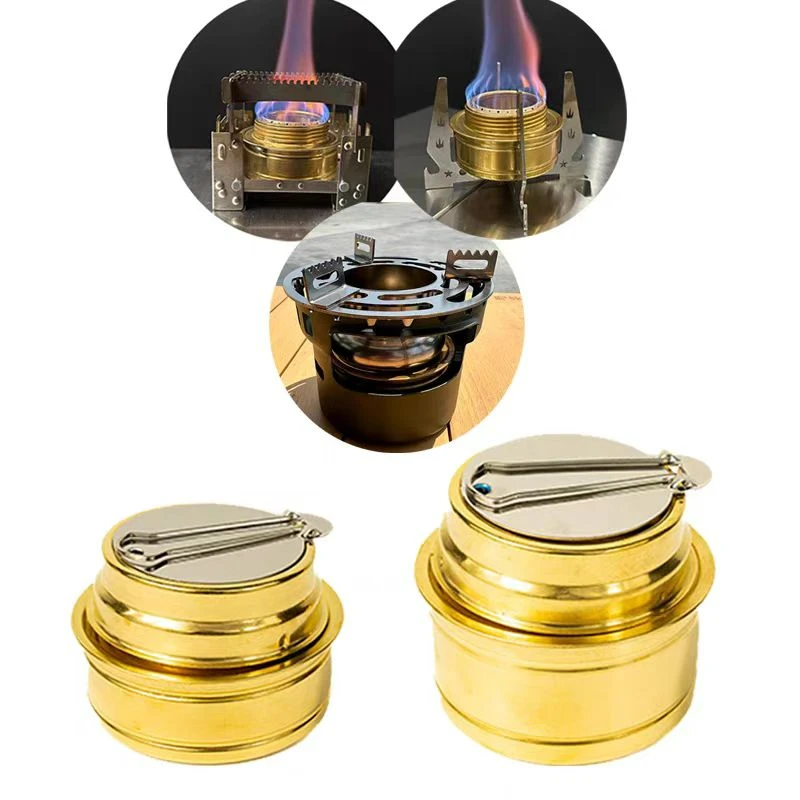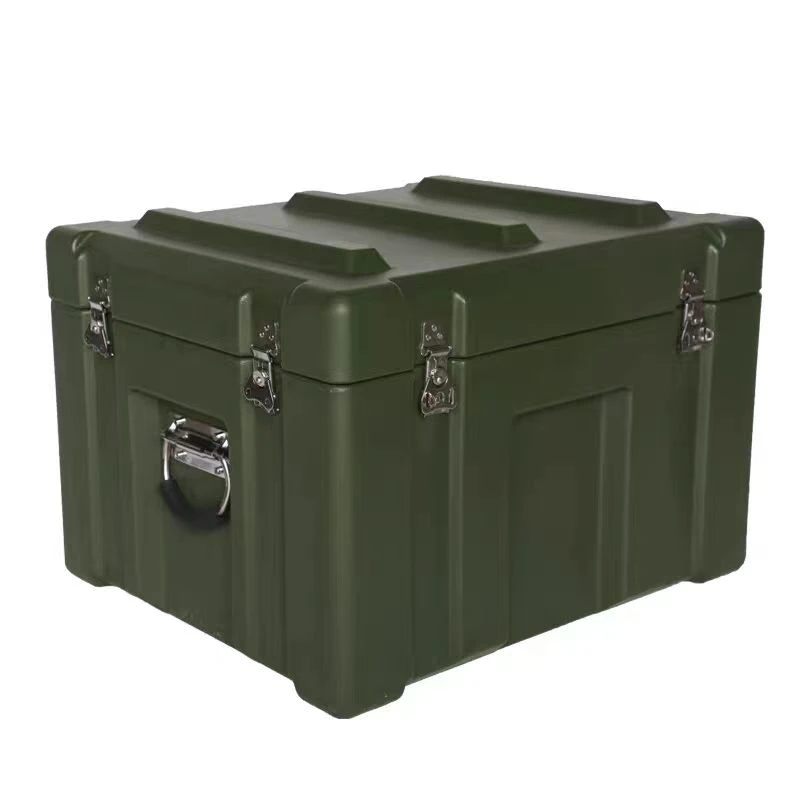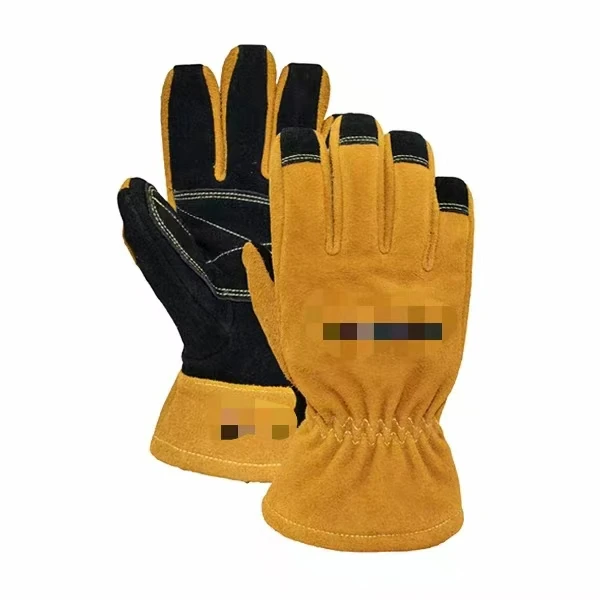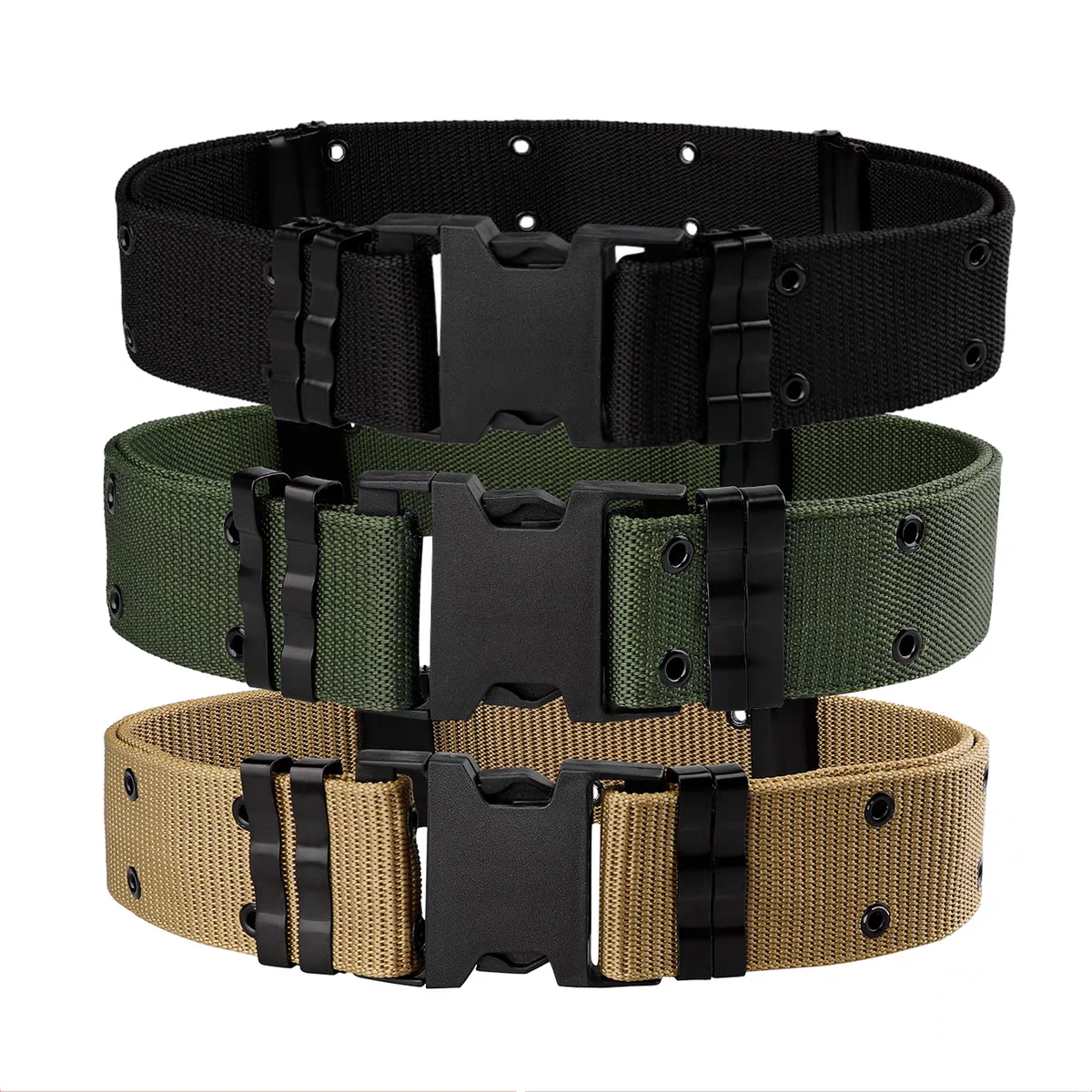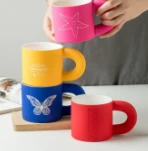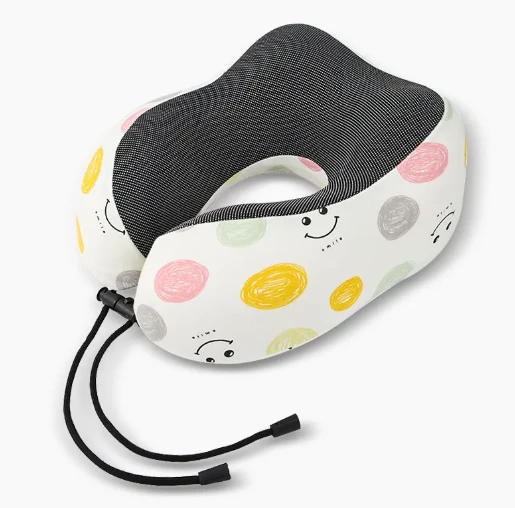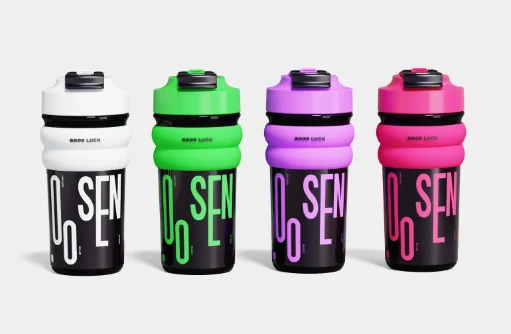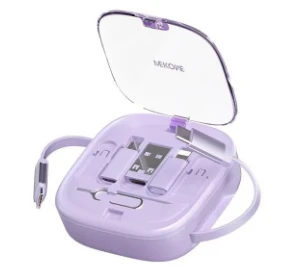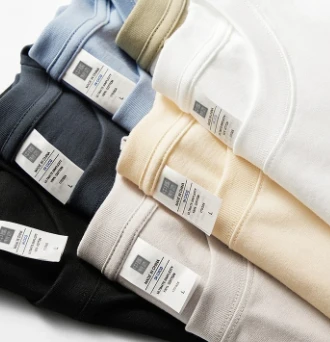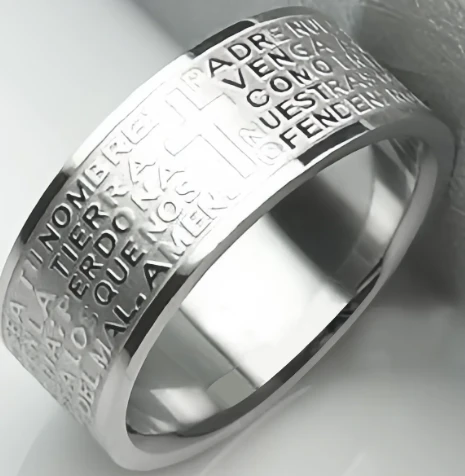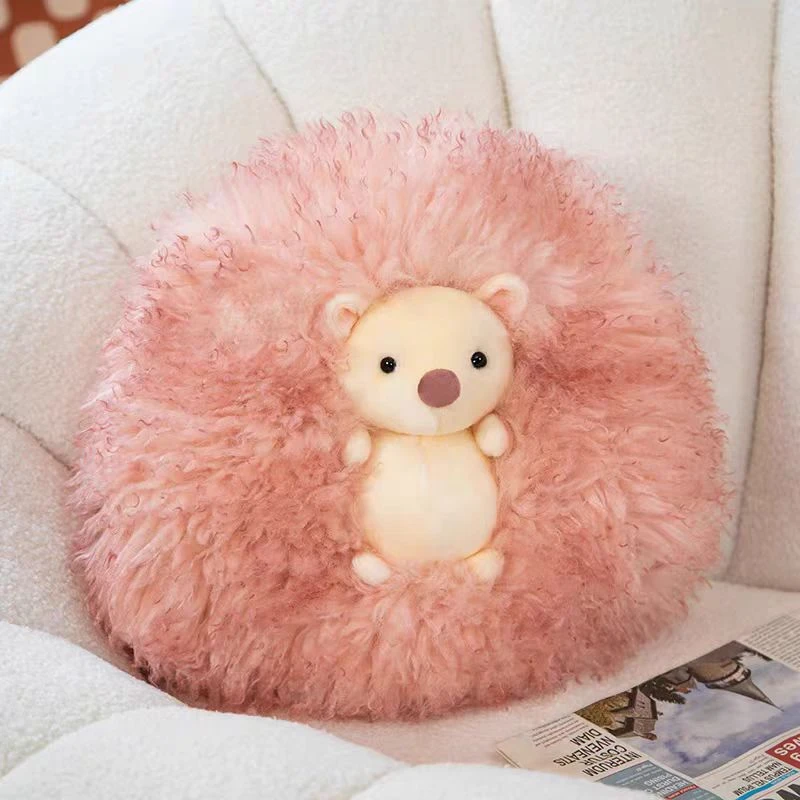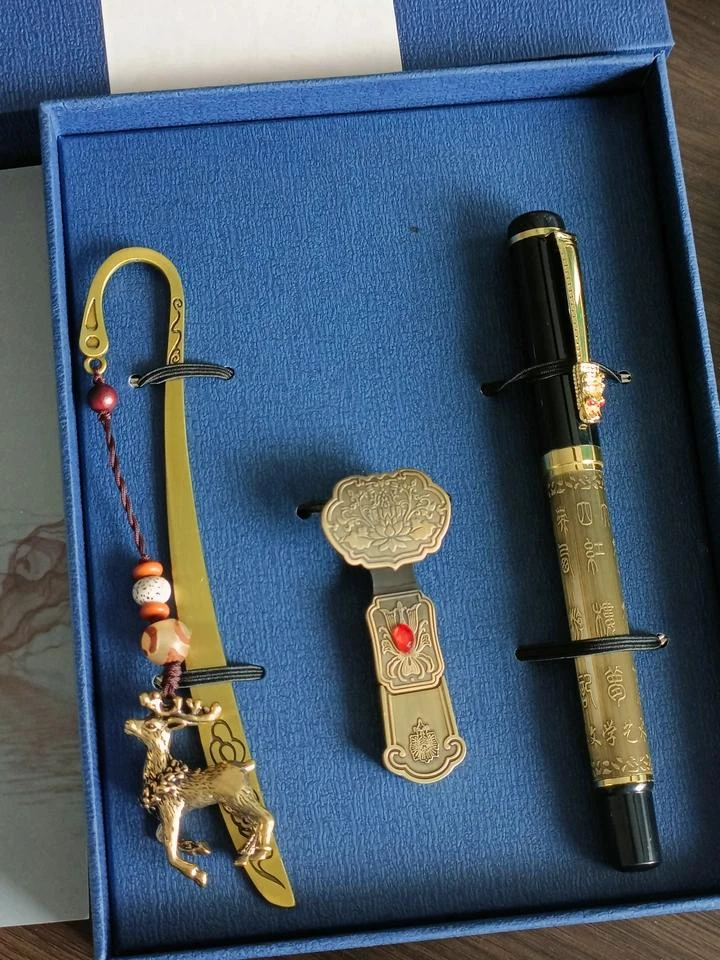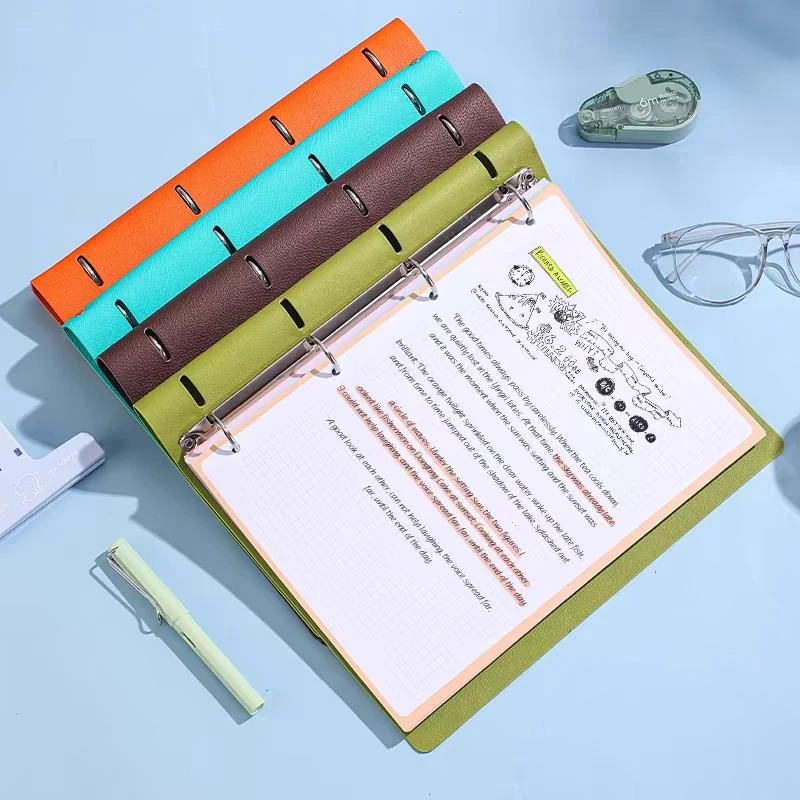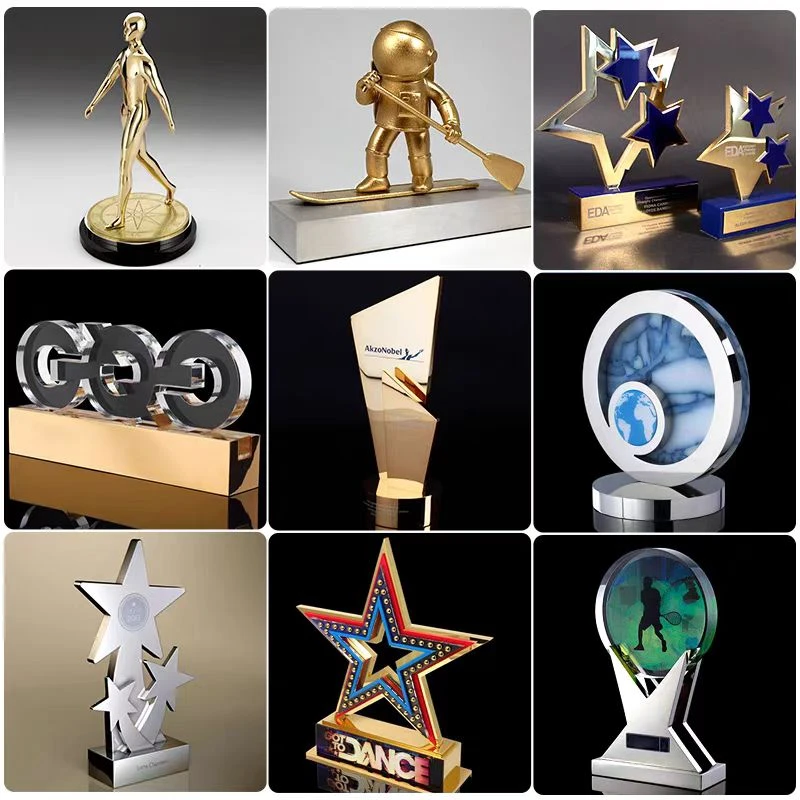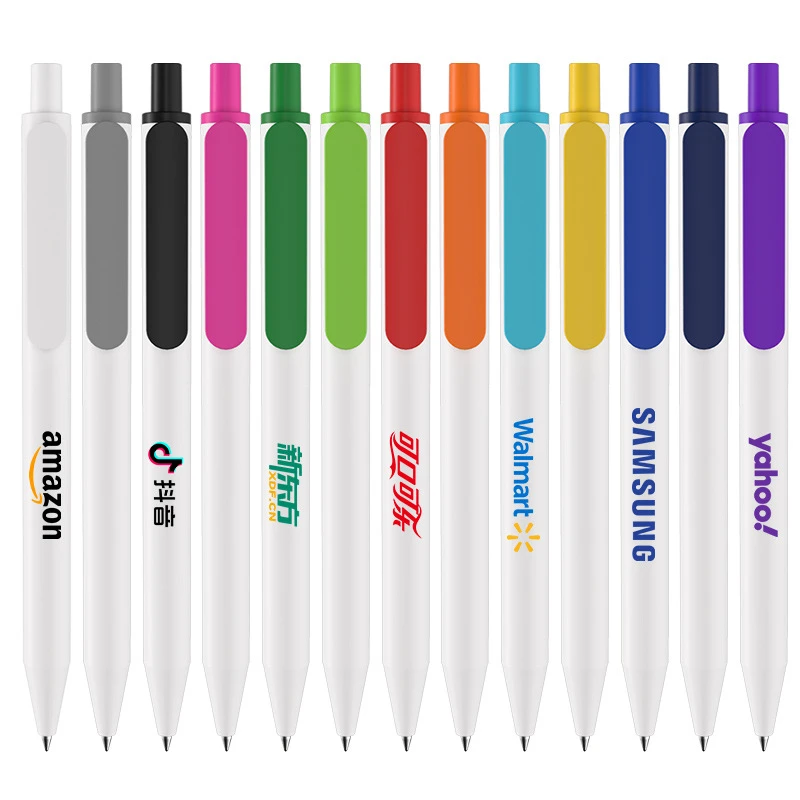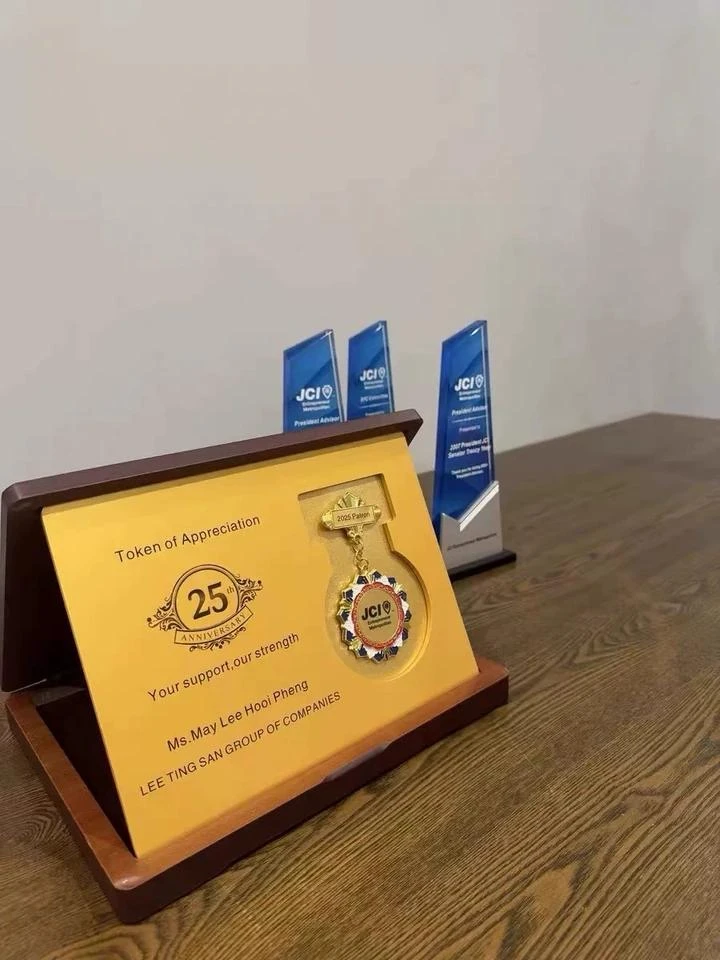Custom Car Non-slip Mats: Perfect Fit, All-Weather Protection
In the rapidly evolving automotive landscape, the demand for enhanced safety, hygiene, and aesthetic personalization within vehicle interiors has never been more pronounced. Central to meeting these multifaceted requirements are Customized Car Non-slip Mats. These aren't merely accessories but critical components designed to provide superior grip, protect the vehicle's original flooring, and contribute significantly to overall driving safety and interior longevity. Far beyond generic, one-size-fits-all solutions, customized mats offer a precise fit, optimizing coverage and minimizing interference with pedal operation—a crucial safety feature. Their engineering incorporates advanced material science and precision manufacturing techniques, distinguishing them from conventional offerings. The market's shift towards bespoke automotive solutions reflects a growing consumer and business preference for products that not only perform their primary function but also integrate seamlessly with specific vehicle models and owner preferences. This strategic pivot emphasizes durability, chemical resistance, and ease of maintenance, alongside a bespoke aesthetic appeal. Industries ranging from luxury vehicle customization to commercial fleet management now recognize the tangible benefits of investing in high-quality, tailor-made anti-slip mats, which reduce wear and tear on vehicle interiors and maintain resale value. The integration of cutting-edge materials and manufacturing processes ensures that these mats provide robust protection against spills, dirt, and daily wear, acting as a crucial barrier that extends the life of the vehicle's original carpeting. Furthermore, the capacity for personalized branding and design elements allows businesses to reinforce their identity or individuals to express unique style, transforming a functional necessity into an integral part of the vehicle’s identity. The investment in these specialized mats reflects a comprehensive understanding of both operational excellence and driver well-being, acknowledging their role in accident prevention by ensuring stable foot placement and preventing mat displacement, especially during abrupt braking or acceleration.
Industry Trends and Market Dynamics Driving Demand
The global automotive accessories market, valued at approximately USD 240 billion in 2023 with a projected Compound Annual Growth Rate (CAGR) of over 5% through 2030, highlights a significant expansion in demand for specialized interior components, including floor mats. This growth is predominantly fueled by several interconnected trends. Firstly, the escalating adoption of Electric Vehicles (EVs) introduces new interior design paradigms, often featuring flat floors and minimalist aesthetics, necessitating specifically designed floor protection that complements these modern layouts. Secondly, the rising emphasis on vehicle personalization, particularly in premium and luxury segments, encourages consumers and businesses alike to seek bespoke interior solutions that reflect brand identity or individual taste. This trend extends beyond mere aesthetics to include enhanced functionality, such as superior anti-slip properties and durability. Thirdly, the increasing average age of vehicles on the road in mature markets, coupled with a stronger focus on vehicle longevity and resale value, drives investment in protective accessories that mitigate wear and tear. Furthermore, growing awareness about hygiene and ease of maintenance within vehicle interiors, especially in shared mobility services and commercial fleets, underscores the value of easily cleanable and highly durable floor mats. Regulatory shifts and consumer preferences are also pushing manufacturers towards more sustainable and eco-friendly material choices, leading to innovations in recycled and bio-based polymers for mat production. The integration of smart technologies, such as embedded sensors for climate control or safety features, represents a burgeoning niche, albeit still nascent, for the future of advanced floor mats. These macro-economic and socio-cultural forces collectively create a robust market for advanced Customized Car Non-slip Mats, moving them from optional add-ons to essential interior upgrades, underscoring their critical role in the contemporary automotive ecosystem.
Technical Parameters and Advanced Material Science
The performance of Customized Car Non-slip Mats is fundamentally determined by their material composition and stringent technical specifications. Key materials often include Thermoplastic Elastomers (TPE), highly durable Natural and Synthetic Rubbers (e.g., SBR, EPDM), high-grade Polyvinyl Chloride (PVC), and various resilient carpet fibers like Nylon 6, Nylon 6,6, and Polypropylene (PP). Each material is selected for specific properties: TPE offers excellent flexibility, weather resistance, and recyclability; rubber provides superior grip, sound dampening, and vibration absorption; while high-quality carpet fibers deliver luxurious aesthetics and comfort. Critical technical parameters include the Coefficient of Friction (CoF), typically measured using ASTM D2047 for slip resistance, with values often exceeding 0.6 for enhanced safety. Abrasion resistance, assessed via tests like ASTM D3884 (Taber Abraser), quantifies the mat's ability to withstand wear from foot traffic, ensuring longevity. Chemical resistance to common automotive fluids (oil, grease, gasoline, cleaning agents) is crucial and evaluated through methods like ASTM D543, preventing degradation and staining. Temperature stability, tested within a range of -40°C to +120°C, ensures performance in extreme climates without becoming brittle or overly soft. Sound dampening properties, measured in decibels, contribute to a quieter cabin environment. Furthermore, compliance with automotive flammability standards such as FMVSS 302 (Federal Motor Vehicle Safety Standard) is mandatory, stipulating strict burn rate limits to enhance passenger safety. Odor emissions are often controlled to meet low Volatile Organic Compound (VOC) standards, ensuring a fresh interior environment. The manufacturing process often involves blending these materials with additives to enhance UV resistance, anti-fungal properties, and colorfastness, ensuring the mats maintain their integrity and appearance over extended use. This rigorous selection and testing protocol ensures that customized mats not only fit perfectly but also provide unparalleled functional performance and durability, directly contributing to both vehicle integrity and passenger comfort.
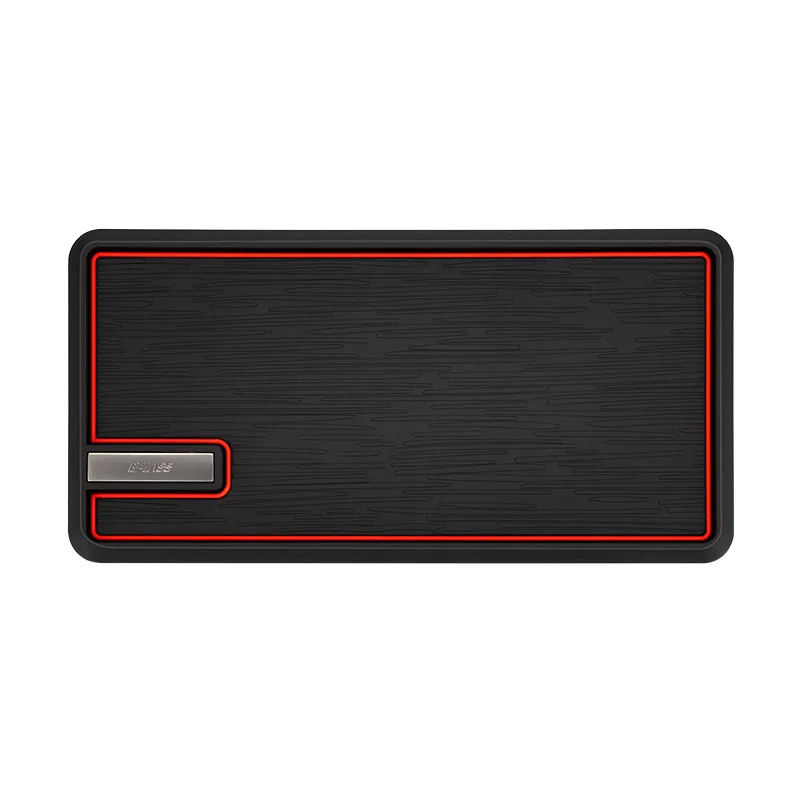
Key Material Properties for Customized Car Non-slip Mats
| Property | TPE (Thermoplastic Elastomer) | Rubber (Natural/Synthetic) | PVC (Polyvinyl Chloride) | Carpet (Nylon/PP) |
|---|---|---|---|---|
| Coefficient of Friction (CoF) | Excellent (>0.6) | Superior (>0.7) | Good (0.5-0.6) | Good (0.5-0.6, backing critical) |
| Abrasion Resistance | High | Very High | Moderate to High | High (Nylon) / Moderate (PP) |
| Chemical Resistance | Excellent | Good | Very Good | Good (stain resistance) |
| Temperature Range | -40°C to +120°C | -50°C to +150°C | -30°C to +80°C | -20°C to +70°C |
| Environmental Impact | Recyclable, often phthalate-free | Bio-degradable (natural), Recyclable (some synthetic) | Less eco-friendly, can contain phthalates | Recyclable (some types), often made from recycled content |
Advanced Manufacturing Process for Customized Car Non-slip Mats
The production of high-performance Customized Car Non-slip Mats is a sophisticated process that leverages precision engineering and advanced material science to ensure a perfect fit, superior durability, and optimal anti-slip properties. It typically begins with Digital Vehicle Scanning and CAD/CAM Design. State-of-the-art 3D laser scanners capture the exact contours of vehicle floorboards, including complex curves and anchor points. This data is then fed into Computer-Aided Design (CAD) software to create precise digital templates, allowing for millimeter-level accuracy and a truly bespoke fit that covers every inch of the floor. This eliminates gaps and ensures the mat does not interfere with pedals, a critical safety aspect. Following design, Material Selection and Preparation is paramount. Based on desired performance characteristics (e.g., extreme weather, luxury feel, commercial durability), virgin or recycled polymers (TPE, rubber, PVC) or high-grade textile fibers are chosen. These materials undergo pre-treatment, which might include compounding with UV stabilizers, anti-aging agents, and fire retardants to enhance their inherent properties.
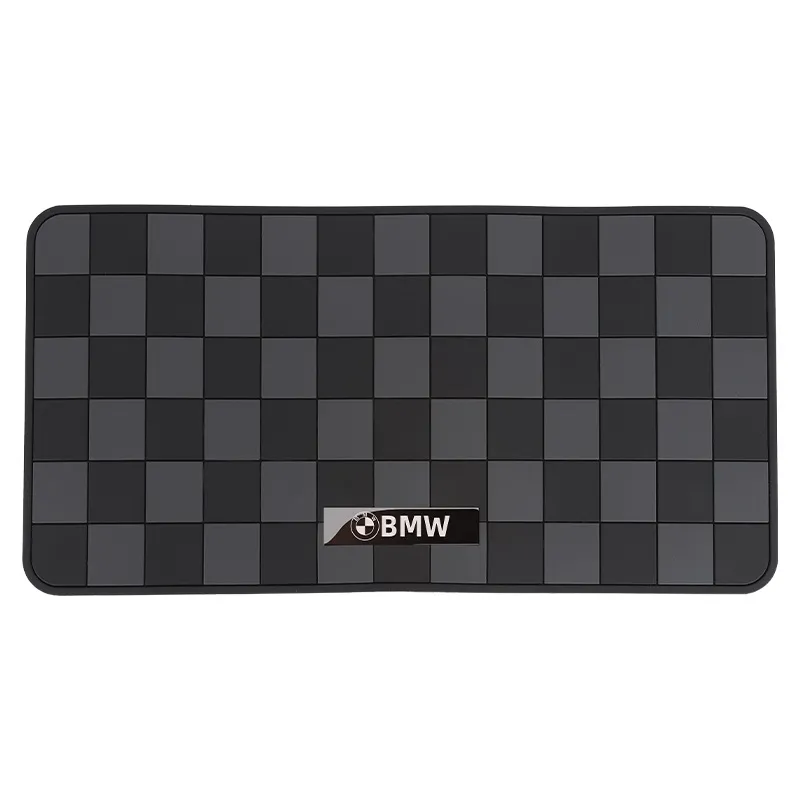
The core manufacturing stage involves advanced forming techniques. For rubber and TPE mats, Compression Molding or Injection Molding processes are employed. Compression molding utilizes high pressure and heat to form the mat from granulated material placed in a mold, ensuring uniform thickness and density. Injection molding, preferred for intricate designs or multi-component mats, melts the polymer and injects it into a mold cavity. For carpet or multi-layered mats, CNC Laser Cutting or Die-Cutting provides extreme precision, shaping the material according to the CAD templates with minimal waste. This is followed by Lamination and Bonding for multi-layered designs, where different materials (e.g., a plush carpet top layer and a robust rubber anti-slip backing) are permanently fused using high-strength adhesives or thermal bonding, creating a composite structure with combined benefits. Subsequent steps include Surface Finishing and Branding, which can involve embossing custom logos, adding textured patterns for enhanced grip, or applying protective coatings for stain and water resistance. Throughout these stages, Rigorous Quality Control and Testing are continuously performed. This includes dimensional checks against CAD specifications, material property verification (CoF, hardness, tensile strength), and adherence to international standards such as ISO 9001 for quality management systems. Individual mats undergo slip resistance tests (e.g., ASTM F1677, often used for flooring, adapted for mats), flammability tests (FMVSS 302), and accelerated aging tests to simulate prolonged exposure to environmental stressors. This comprehensive process, from digital design to final inspection, ensures that each Customized Car Non-slip Mats not only provides an exact fit but also meets stringent safety and durability criteria, offering exceptional protection and longevity for diverse applications.
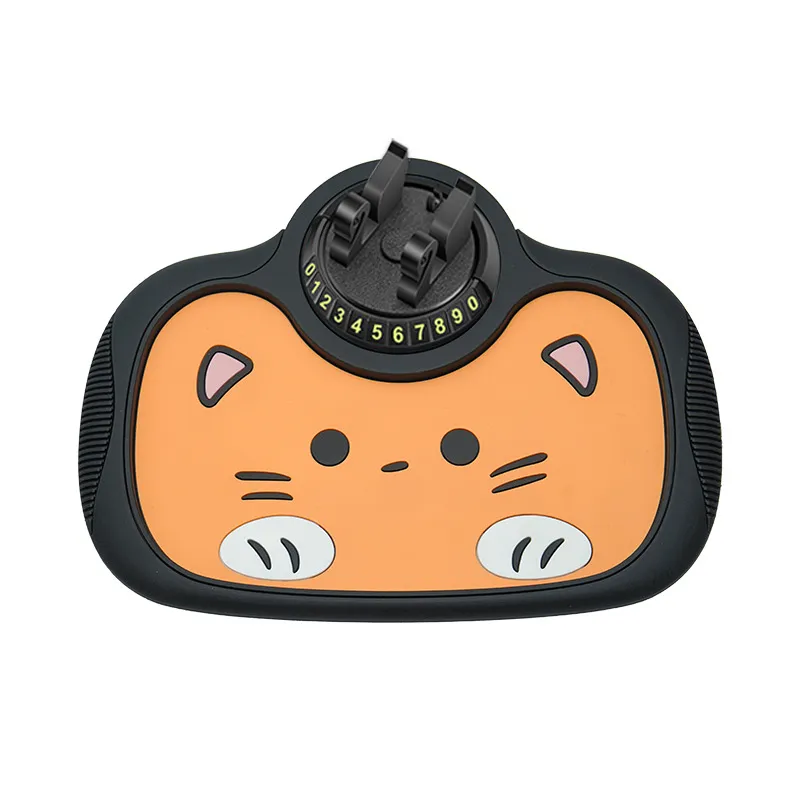
These meticulously manufactured mats find application across a spectrum of industries, moving beyond individual consumer vehicles to strategic B2B deployments. Automotive OEMs and Aftermarket Suppliers utilize them for bespoke models or as premium upgrades, ensuring brand consistency and added value. Luxury Vehicle Customization and Restoration Shops depend on precision-fit mats to complement high-end interiors, maintaining original aesthetic while providing superior protection. Commercial Fleet Management Companies (e.g., ride-sharing, logistics, construction fleets) invest in durable, easy-to-clean mats to reduce interior wear, extend vehicle life, and minimize cleaning costs—crucial for high-usage vehicles. Car Rental Agencies benefit from the longevity and ease of maintenance, ensuring a clean and presentable interior for every customer. Vehicle Detailing and Protection Services recommend these mats as a long-term solution for interior preservation. The inherent advantages in these scenarios include Enhanced Vehicle Safety, as the precise fit and superior grip prevent mat slippage, eliminating potential interference with accelerator or brake pedals. Superior Interior Protection guards against spills, dirt, mud, and everyday wear, significantly preserving the vehicle's original carpet and enhancing its resale value. Noise Reduction and Vibration Dampening contribute to a quieter, more comfortable cabin experience, especially with thicker, multi-layered mats. Finally, the Aesthetic Enhancement and ability to incorporate custom branding transform a functional item into an integral part of the vehicle's identity, offering tailored solutions that generic mats simply cannot provide, making these mats a strategic investment for any serious automotive operation.
Application Scenarios and Technical Advantages
The versatility and technical superiority of Customized Car Non-slip Mats make them indispensable across a multitude of application scenarios, from daily commutes to specialized industrial and commercial uses. In personal vehicles, these mats provide critical protection against spills from beverages, food debris, mud, snow, and general dirt, which are common occurrences. Their custom-fit design ensures full coverage of the footwell, preventing ingress of contaminants to the underlying carpet, thereby preserving the vehicle's interior integrity and significantly reducing cleaning efforts. For families with children or pets, the ease of cleaning and robust material properties become particularly advantageous. Beyond individual use, commercial fleets—such as taxis, ride-sharing vehicles, and delivery vans—benefit immensely from the extreme durability and resistance to heavy wear and tear that customized mats offer. These high-traffic environments necessitate a solution that can withstand constant ingress and egress, spills, and varied weather conditions, all while maintaining their anti-slip effectiveness. Luxury vehicle owners and classic car enthusiasts also rely on these bespoke mats to protect pristine interiors and enhance the vehicle's aesthetic value, often incorporating specific design elements, unique stitching, or custom logos that generic mats cannot match. Off-road enthusiasts and those living in extreme climates find the all-weather performance, superior water channeling capabilities, and resistance to temperature extremes invaluable, ensuring safety and cleanliness regardless of the driving environment. The primary technical advantages include a consistently high Coefficient of Friction (CoF) on both the mat's top surface (for foot grip) and its bottom surface (for adherence to the vehicle floor), which is paramount for preventing slippage and potential interference with pedals. Advanced material formulations offer exceptional chemical resistance against a wide range of substances including oils, acids, and alkaline solutions, making accidental spills less damaging. The precision manufacturing ensures no warping or curling over time, maintaining a flush fit, which is critical for long-term safety and aesthetic appeal. Furthermore, specific designs incorporate channels and reservoirs to effectively trap liquids and debris, preventing them from spreading and allowing for easy removal and cleaning. The significant reduction in cabin noise due to the dampening properties of high-density materials further elevates the driving experience, making customized mats a comprehensive solution for interior protection and enhancement.

Manufacturer Comparison and Customization Solutions
When sourcing Customized Car Non-slip Mats, B2B decision-makers must evaluate manufacturers based on a comprehensive set of criteria that go beyond mere product cost. Key factors include the breadth of material offerings, the precision of their manufacturing capabilities, adherence to international quality standards, and their capacity for bespoke customization. Leading manufacturers distinguish themselves through advanced digital scanning technologies, ensuring unparalleled fit accuracy for a vast array of vehicle makes and models, including newly released electric vehicles and classic cars requiring intricate templates. They typically offer a diverse palette of materials, encompassing premium TPE, natural and synthetic rubbers, luxurious automotive-grade carpets (e.g., tufted nylon), and hybrid multi-layer constructions, each engineered for specific performance needs such as extreme weather resilience, enhanced acoustic dampening, or high-end aesthetics. Customization solutions are a cornerstone of this segment, allowing clients to specify not only the material and color but also thickness, edge finishing (e.g., stitched borders, raised lips), and integrate proprietary branding or logos through embroidery, embossing, or precision laser etching. This level of personalization is crucial for automotive OEMs seeking to offer branded accessories, luxury car dealerships providing premium add-ons, or fleet operators standardizing their vehicle interiors with company identification.
A critical aspect of manufacturer selection is their commitment to quality assurance and certifications such as ISO 9001, which signifies a robust quality management system, and material-specific certifications like REACH or RoHS compliance, ensuring environmental and safety standards are met. Some top-tier manufacturers also provide comprehensive testing data from independent laboratories, detailing anti-slip performance, abrasion resistance, chemical stability, and flammability. Furthermore, evaluation should extend to their supply chain reliability, lead times for custom orders, and post-sales support, including warranty policies and technical assistance. The ability to handle large-volume orders while maintaining consistent quality is also a differentiating factor for B2B procurement. By leveraging precise digital design and a broad spectrum of advanced materials, manufacturers can deliver mats that are not only functional and protective but also seamlessly integrate with the vehicle's interior aesthetics and brand identity. This strategic approach ensures that the investment in customized mats yields long-term benefits in terms of vehicle preservation, user safety, and brand value, surpassing the capabilities of mass-produced, generic alternatives which often fall short in terms of fit, durability, and customization options, ultimately providing a suboptimal return on investment for discerning automotive professionals and businesses.
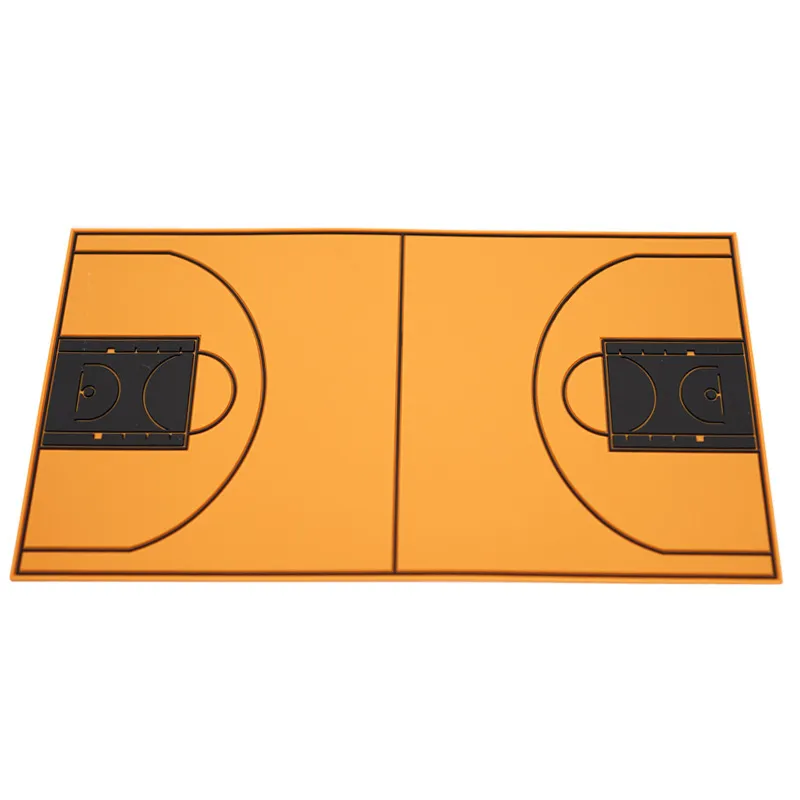
Comparison of Customized Car Non-slip Mats Features
| Feature | Generic/Universal Mats | Customized Car Non-slip Mats |
|---|---|---|
| Fit Accuracy | Approximate, one-size-fits-most | Precision, laser-scanned vehicle specific |
| Coverage Area | Partial, leaves gaps | Maximized, edge-to-edge protection |
| Material Options | Limited (basic rubber/carpet) | Extensive (TPE, premium rubber, luxury carpet, hybrid) |
| Anti-Slip Properties | Moderate, can shift | Superior, secure anchoring systems |
| Durability & Longevity | Moderate, prone to early wear | High, engineered for extended use |
| Aesthetics & Branding | Standard, no personalization | Tailored colors, textures, custom logos/branding |
| Safety (Pedal Interference) | Higher risk due to movement/fit | Minimized risk, precise fit prevents interference |
Case Studies and Success Stories
The tangible benefits of investing in Customized Car Non-slip Mats are best illustrated through real-world application, demonstrating their impact on operational efficiency, safety, and brand perception. Consider a leading luxury car rental agency operating a fleet of over 500 premium vehicles across major metropolitan areas. Before implementing a customized mat solution, they faced recurrent issues with generic mats: frequent displacement leading to potential pedal obstruction, premature wear on original carpeting from spills and heavy foot traffic, and inconsistent interior aesthetics across their high-end fleet. The labor costs associated with deep cleaning and occasional carpet replacement were significant. Upon partnering with a specialized manufacturer for custom-fit TPE mats, precisely designed for each vehicle model in their fleet, the agency observed remarkable improvements. Mat slippage was entirely eliminated due to the precision fit and integrated anchoring systems, enhancing driver and passenger safety. The robust TPE material, with its raised edges and channeled design, effectively contained spills and dirt, reducing cleaning time by an estimated 40% per vehicle and virtually eliminating the need for professional carpet cleaning or replacement. Furthermore, the ability to emboss their corporate logo onto each mat reinforced their brand identity, contributing to a more cohesive and professional customer experience. This strategic upgrade resulted in a projected 15% reduction in annual interior maintenance costs and a notable increase in customer satisfaction scores related to vehicle cleanliness and interior presentation.
Another compelling example comes from a large logistics and delivery company managing a diverse fleet of light commercial vehicles. Their drivers frequently operate in challenging environments, tracking in mud, dirt, and moisture. Generic mats provided insufficient coverage and deteriorated rapidly, leading to extensive wear on the vehicle floorboards and a persistent issue with foul odors. After a pilot program introducing heavy-duty, customized rubber mats featuring deep grooves for debris containment and enhanced anti-slip backing, the company reported a dramatic improvement. The customized mats provided comprehensive protection, reducing the accumulation of corrosive elements on the floor and extending the life of the vehicle's original flooring by an estimated three years per vehicle. The robust construction and material resilience meant that mats themselves showed minimal signs of wear even after prolonged use, leading to an extended service life for the mats themselves, translating into direct cost savings on replacements. The ease with which these mats could be removed, hosed down, and quickly reinstalled significantly streamlined their vehicle cleaning protocols, allowing drivers to maintain a hygienic cabin environment without extensive downtime. This preventative measure not only safeguarded asset value but also contributed to driver comfort and operational continuity, demonstrating how a tailored solution for Customized Car Non-slip Mats can generate substantial long-term value for B2B operations by optimizing maintenance, enhancing safety, and preserving fleet assets, proving that these are not just accessories but essential tools for fleet management.
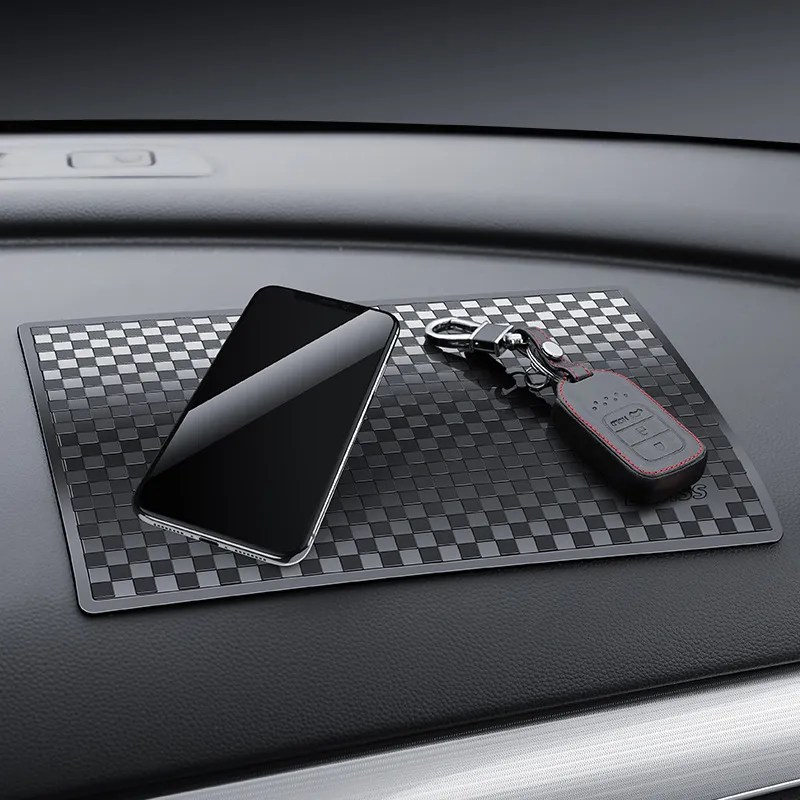
Ensuring Trustworthiness: Quality Assurance and Support
For B2B clients, the decision to invest in Customized Car Non-slip Mats extends beyond immediate product features to encompass the supplier's commitment to quality assurance, transparency, and robust customer support. Reputable manufacturers adhere to internationally recognized quality management systems, most notably ISO 9001:2015, which certifies a company's ability to consistently provide products and services that meet customer and regulatory requirements. This certification is a fundamental indicator of operational excellence and a disciplined approach to manufacturing. Beyond general quality standards, material safety and environmental compliance are paramount. Suppliers should provide Material Safety Data Sheets (MSDS) for all components, verifying the absence of harmful substances such as heavy metals, phthalates, and formaldehyde, and demonstrating compliance with regulations like REACH (Registration, Evaluation, Authorisation and Restriction of Chemicals) and RoHS (Restriction of Hazardous Substances). Performance testing is another critical aspect of trustworthiness. This includes independent laboratory testing for key parameters such as Coefficient of Friction (ASTM D2047, ensuring anti-slip efficacy), abrasion resistance (ASTM D3884, for durability), flammability (FMVSS 302, a vital automotive safety standard), and resistance to common automotive chemicals and extreme temperatures. These verifiable test results provide objective evidence of the mats' performance capabilities and longevity under various operating conditions.
Transparency in delivery logistics and lead times is equally crucial for B2B operations dependent on timely supply chain management. A clear explanation of the customization process, production schedules, and estimated shipping durations is essential. For customized orders, lead times can vary depending on complexity and volume, typically ranging from 3-4 weeks for initial prototyping to 6-8 weeks for bulk production, excluding shipping. Reputable suppliers will offer global shipping capabilities and provide real-time tracking. Furthermore, a comprehensive warranty commitment signals confidence in product quality. Standard industry warranties for high-quality Customized Car Non-slip Mats often range from 2 to 5 years, covering manufacturing defects and premature wear under normal use. This warranty provides financial protection and peace of mind for bulk purchases. Finally, accessible and responsive customer support is indispensable. This includes dedicated account managers for B2B clients, technical support for installation or maintenance queries, and a streamlined process for addressing any product-related concerns. The availability of post-sales service, including guidance on care and cleaning, further solidifies a supplier's trustworthiness, ensuring that clients receive not just a superior product but also comprehensive support throughout its entire lifecycle, reinforcing the long-term value proposition.
Frequently Asked Questions (FAQ)
Addressing common inquiries helps establish clarity and builds trust with potential B2B partners seeking high-quality Customized Car Non-slip Mats. Below are some frequently asked questions and their comprehensive answers. Q1: How do you ensure a precise fit for my specific vehicle model? We utilize advanced 3D laser scanning technology to capture the exact contours and dimensions of virtually every vehicle make, model, and year. This precise digital data is then used with CAD/CAM software to create custom templates, ensuring a millimeter-perfect fit that covers the entire floor area and accommodates all factory anchor points, without interfering with pedals. Q2: What materials are available for customized mats, and which is best for my needs? We offer a diverse range of materials including Thermoplastic Elastomers (TPE) for all-weather durability and easy cleaning, various grades of natural and synthetic rubber for superior grip and sound dampening, and high-quality automotive-grade carpets (e.g., Nylon 6,6) for a luxurious aesthetic. The "best" material depends on your specific application: TPE or rubber is ideal for heavy-duty, all-weather use in fleets or commercial vehicles, while carpet options are preferred for luxury vehicles or those prioritizing interior comfort and aesthetics. We can provide detailed material data sheets to assist your selection. Q3: Are these mats truly anti-slip, and how is this verified? Absolutely. Our mats are engineered with superior anti-slip properties on both the top surface (for foot grip) and the backing (to prevent mat movement). We verify this through rigorous internal testing and independent laboratory certification according to standards such as ASTM D2047 for Coefficient of Friction, ensuring they provide exceptional stability and safety. The precise fit also significantly minimizes any potential for mat displacement.
Q4: What is the expected service life and warranty for customized car mats? The service life of our customized mats is significantly longer than generic alternatives due to the superior materials and precision manufacturing processes. Depending on material choice and usage, you can expect a lifespan of 5-10 years or more. We back our products with a comprehensive warranty, typically ranging from 2 to 5 years against manufacturing defects and premature wear under normal use, demonstrating our confidence in their durability. Q5: How do I clean and maintain these mats? Maintenance is designed to be straightforward. For rubber and TPE mats, a simple rinse with water, mild soap, and a brush is usually sufficient to remove dirt and grime. They dry quickly. Carpet mats can be vacuumed regularly and spot-cleaned with automotive carpet cleaner. The durable materials resist staining and odors, ensuring long-term aesthetic appeal and hygiene. Q6: Can I include custom branding or logos on the mats? Yes, customization is a core offering. We provide various options for incorporating your company logo, brand name, or specific design elements. This can be achieved through precision embroidery for carpet mats, or durable embossing/laser etching for rubber and TPE materials, allowing for a professional and consistent brand presentation across your fleet or for specific client needs. Our design team works closely with you to ensure brand guidelines are met. Q7: What is the typical lead time for a bulk customized order? Lead times for bulk customized orders vary depending on the complexity of the design, chosen materials, and order volume. Generally, after final design approval, initial production runs can be completed within 3-4 weeks, with larger bulk orders requiring 6-8 weeks for manufacturing and quality control. We provide detailed production schedules and logistics support upon order confirmation to ensure timely delivery to your specified locations.
Conclusion and Future Outlook
In summation, the strategic adoption of Customized Car Non-slip Mats represents a significant upgrade from conventional automotive floor protection, offering unparalleled benefits in terms of safety, interior preservation, and aesthetic enhancement. Their precision engineering, derived from advanced 3D scanning and CAD/CAM technologies, ensures a perfect, vehicle-specific fit that eliminates dangerous mat slippage and maximizes floor coverage. The careful selection of high-performance materials such as TPE, specialized rubbers, and durable carpet fibers, coupled with rigorous testing against industry standards for anti-slip properties, abrasion resistance, chemical stability, and flammability, guarantees a product that excels in both durability and functional efficacy. From safeguarding vehicle interiors in demanding commercial fleets to elevating the luxury quotient in high-end personal vehicles, these mats provide a robust, long-term solution against everyday wear, environmental contaminants, and operational hazards. The capacity for extensive customization, including bespoke branding and material finishes, further solidifies their value proposition for B2B clients seeking to integrate consistent quality and brand identity across their automotive assets.
Looking ahead, the evolution of Customized Car Non-slip Mats is poised to align even more closely with broader automotive trends. Innovations are likely to focus on integrating sustainable materials, such as recycled plastics and bio-based polymers, in response to growing environmental consciousness and regulatory pressures. The advent of smart interior technologies could see mats incorporating embedded sensors for monitoring cabin conditions, detecting spills, or even providing haptic feedback for driver assistance systems. Furthermore, advancements in additive manufacturing (3D printing) might allow for even more intricate designs and rapid prototyping of bespoke mat solutions. As vehicle autonomy and shared mobility models continue to expand, the emphasis on durable, hygienic, and easily maintained interior surfaces will only intensify, cementing the role of high-quality customized mats as essential components of future automotive ecosystems. For businesses and automotive professionals, investing in these advanced solutions is not merely a purchase but a strategic decision that enhances operational efficiency, prolongs asset life, and significantly contributes to user safety and satisfaction, representing a forward-looking approach to vehicle interior management.
References
- ASTM International. (2022). ASTM D2047: Standard Test Method for Static Coefficient of Friction of Polished Coated Floor Surfaces as Measured by the James Machine.
- National Highway Traffic Safety Administration (NHTSA). (2023). Federal Motor Vehicle Safety Standard (FMVSS) No. 302: Flammability of Interior Materials.
- International Organization for Standardization (ISO). (2023). ISO 9001: Quality management systems – Requirements.
- European Chemicals Agency (ECHA). (2024). Regulation (EC) No 1907/2006 concerning the Registration, Evaluation, Authorisation and Restriction of Chemicals (REACH).
- Smith, J. A., & Brown, P. R. (2021). "Advancements in Automotive Interior Materials for Enhanced Durability and Safety." Journal of Automotive Engineering.
- Global Market Insights Inc. (2023). Automotive Aftermarket Accessories Market Size. [Industry Research Report].








